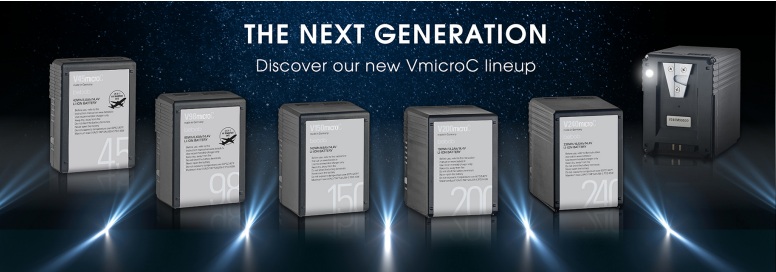FCC grants waiver for satellite broadband network
The professional video industry's #1 source for news, trends and product and tech information. Sign up below.
You are now subscribed
Your newsletter sign-up was successful

The FCC has granted a crucial waiver to Reston, VA-based LightSquared that will allow the company to create a mobile network that promises to offer affordable broadband service delivered via satellite signals.
LightSquared, backed by billionaire Philip Falcone and his Harbinger Capital hedge fund, is a rare new entrant to the U.S. wireless market. Six out of 10 subscribers in the United States now rely on broadband networks run by either AT&T or Verizon Wireless; Sprint ranks third among cell phone Internet users.
FCC officials said LightSquared’s proposal was seen as a way to spur competition in the wireless marketplace.
“This is a promising opportunity to promote mobile broadband,” an unnamed FCC senior official told The Washington Post. “LightSquared would be a new competitor and entrant into mobile broadband with new sources of capital and a new kind of business model that consumers find appealing.”
The waiver allows LightSquared to provide wireless broadband access without having to sell satellite service directly to consumers. That exemption is key to LightSquared’s ability to attract business customers who desire Web access but don’t want to spend extra funds to lease satellite connections.
LightSquared will lease space on its network to a range of companies, such as Apple and WalMart, which might want to offer wireless devices under their own brands. For some end users, the plan could spell the end of long service contracts with the carriers.
LightSquared’s proposal has met with opposition from GPS operators and federal agencies, who have argued that the firm’s service could knock out their signals. The FCC said that LightSquared is expected to resolve any concerns about GPS interference.
The professional video industry's #1 source for news, trends and product and tech information. Sign up below.
“We understand the (GPS) interference issues are real and complex, but may be resolvable,” said Rebecca Arbogast, an analyst at Stifel Nicolaus.
LightSquared said filtering technology could be used to prevent interference with GPS service.
“We have common interests here with the GPS community and want to work with them,” Jeff Carlyle, an executive vice president at LightSquared, told The Washington Post. “Devices on our network will have GPS technology, so why wouldn’t we want to make sure it works?”
GPS providers, however, doubt that filtering technology will be enough and have presented studies and tests to the FCC that show interference.
“Not only us but other government agencies have strong concerns of interference potential,” F. Michael Swiek, executive director of the U.S. GPS Industry Council, told the newspaper. “That should be enough caution to say, ‘Let’s take a deep breath; let’s not rush down that road.’”
LightSquared told the FCC it would commit $20 million for GPS interference tests. Falcone and his backers at Harbinger have spent more than $2.9 billion on the venture so far, and the FCC’s timing for the approval was a blessing because the company was facing pressure from investors to produce returns on the broadband investment.
LightSquared has promised investors and regulators to build a network that will cover up to 100 million Americans by the end of 2012 and 260 million by 2016.
